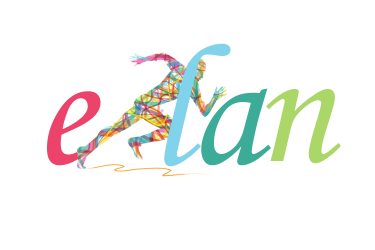It’s “One Of Us” by Joan Osborne
There you go! Now you know. But if you’re not in a hurry, stick around for a little longer and let me tell you what else you can do with the song ;).
[youtube http://www.youtube.com/watch?v=Xn7rIarpQBk&w=300&h=225] Well as you know, when you use conditional II (and III), you’re often going to have to say [would]. Now that’s a big problem for most learners. It is true that you can sort of avoid saying it if you contract it as in [I’d or he’d], but you can’t do that if you’re asking, you would have to say [would you break up with your girlfriend if you found out she was cheating on you with your best friend?]. Duhhh! Anyway, that’s not the point. The point is that you’ve got to help your students to pronounce [would] reasonably well.Okay, so what are the most common problems with [would]? It’s mainly the /w/.
Spanish learners of English: They insert /g/ before /w/, so it sounds like [good] or [gwood]. Why? Because when we pronounce vowel /ʊ/ in [good], our tongue moves back and just a bit high. Spanish speakers basically change the vowel to something like /u:/ but not exactly /u:/, but what happens is that they move their tongue way too back and high to the point that it touches the soft palate (the soft area of the roof of our mouth in the back), and that makes sound /g/.
Japanese and Korean learners: They just omit it (delete it). They say [ood]. The reason is that they never begin a syllable with /w/ followed by vowel /ʊ/, so for them it’s awfully hard and painful. So you’ve got to get them to move both of their lips as if they were pouting and to practice doing that rapidly to create that new habit for them.
Other learners: There are many learners from different backgrounds who replace /w/ with /v/, so it sounds [vould]. Again, the problem is that they are not moving both of their lips.
So…what if God was one of us guys? Personally…I would still ask him to speak English!! 😉 Would you?

Leave a Reply